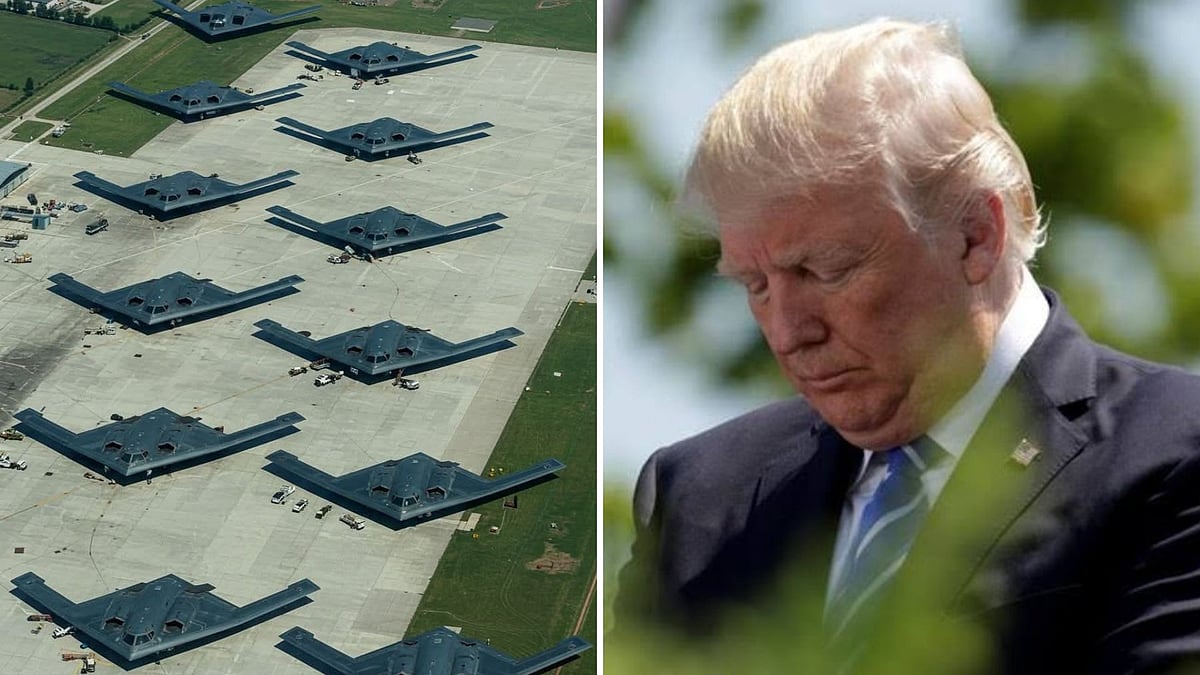Rahul Dev Burman, born June 27, 86 years ago, was only taken likely initially. After Mehmood’s Chote Nawab made a lukewarm impression despite good melodies and Bhoot Bungla’s songs proved hits, came a tepid Teesra Kaun? and a perfunctory Pati Patni.
And then came Teesri Manzil. The 1966 release, an evergreen album, was Pancham’s first dazzler. Jukeboxes in restaurants, apart from radio, were agog with its mammoth hits, led in popularity by O mere sona re. The son of S.D. Burman made a humongous mark finally.
The film ‘landed’ on Pancham’s lap after passing through three ‘composer ‘steps’. Husain wanted S.D. Burman as the Vijay Anand-directed film was to star Dev Anand, but Dada declined the film on grounds of ill-health. The story of O.P. Nayyar being considered seems unlikely as Husain had told me personally that he hated Nayyar’s habit of using expletives freely, even in front of ladies!
When Shammi Kapoor stepped into Dev Anand’s shoes, the obvious choices would have been Shankar-Jaikishan. A nervous Pancham anxiously presented some tunes to Kapoor, who finally approved him. Husain, who had strongly recommended this “new boy” to his hero, of course, was to never let go of Pancham till his last directorial — Zabardast (1986).
After this, Husain’s Baharon Ke Sapne and Mehmood’s Padosan were both fantastic albums. The Husain musical, Pyar Ka Mausam (1969), also ranks among Pancham’s all-time bests. But strangely, the composer was stuck to doing just a film or two a year for four more years! Shammi went back to S-J, and Pancham’s contemporaries-cum-friends, Kalyanji-Anandji and Laxmikant-Pyarelal surged ahead.
Destiny at work
But big talent will triumph. Rajendra Kumar, working with Laxmikant-Pyarelal in Anjaana, was impressed by their songs for him. When he decided to remake the Malayalam thriller, Cochin Express, as The Train, launching brother-in-law Ramesh Behl as producer with the upcoming Rajesh Khanna cast opposite top star Nanda, he wanted L-P along with director Ravee Nagaich. The team had also done the musical blockbuster thriller, Farz, released in the same year (1967) as Cochin Express.
As per Laxmikant, “We turned down the film as we had more than 10 films on hand and thought that was too much work!” S.D. Burman, working then on Kumar’s Talash, was the next choice. When Dada turned down this film too, it went to Pancham, who was Dada’s assistant, whose work Kumar had seen!
In Teesri Manzil, all songs except one (Dekhiye sahibo) were bumper hits. So what made Pancham punch ‘em only with The Train (which had three huge hits of six) and not Teesri Manzil or even Padosan? Here is my analysis.
One, the Rajesh Khanna hysteria proved fortuitous as The Train released after Aradhana, Do Raaste, the songless Ittefaq and two more Khanna hits, Doli and Bandhan. The Train, despite its mediocrity, proved a hit that benefitted majorly from its music.
Two, Teesri Manzil’s musical brilliance must have been attributed then more to the musical acumen of both Nasir Husain and Vijay Anand. And, after all, Padosan was ‘merely’ a Mehmood film!
Three, though the music of Teesri Manzil had innovative touches, The Train had greater variety. The album first brought out the full potential of the novelty Pancham could infuse into music, given half the chance. First, he consolidated his own vocal image with O meri jaan maine kahaa, singing the first of many gimmicky but massively popular duets with Asha Bhosle. And Asha’s Maine dil abhi diya nahin and the humdinger Chhaiyya re chhaiyya re were whopper sizzlers. In short, The Train saw the real RD (as set to emerge in the coming years) for the first time. Pancham did all 12 Behl films in the next 21 years, forming the only filmmaker-composer combination to be completely exclusive. (Obviously, we cannot include the fraternal team of Rakesh and brother Rajesh Roshan!)
And so, The Train made Pancham speed towards a destination far higher than a mere Teesri Manzil! The Train was his 11th film in 9 years, but in 1971, he was to do 14 movies!










